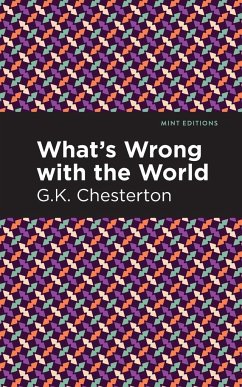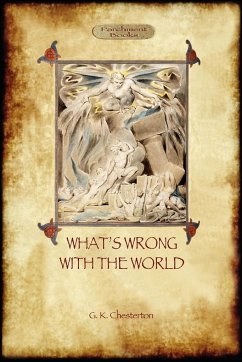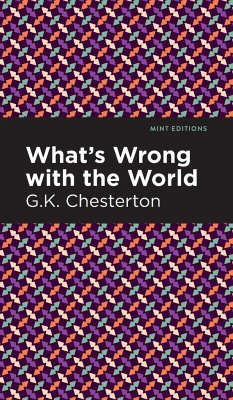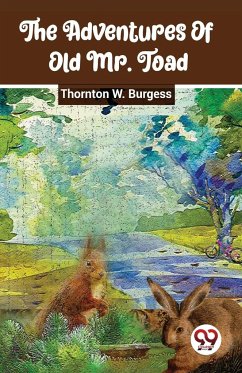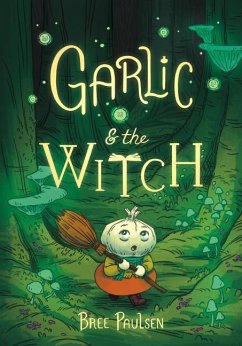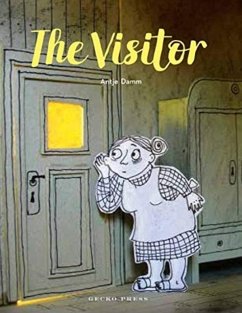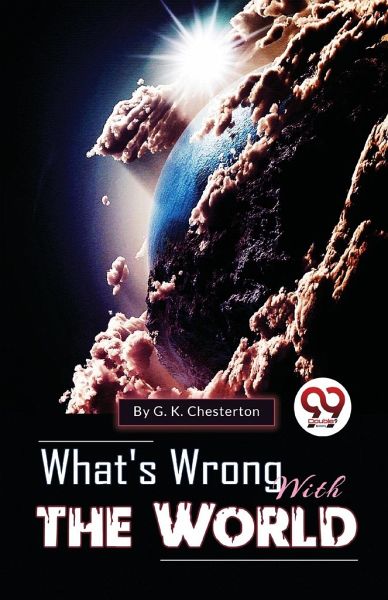
What's Wrong With The World

PAYBACK Punkte
7 °P sammeln!
One of the most well-known and prolific authors of the twentieth century addresses a variety of issues in the appropriately named book What's Wrong With the World, including feminism, big business, education, and the government. Chesterton boldly condemned materialism, elitism, hypocrisy, and every opponent of freedom and simplicity in contemporary society. He was a devoted supporter of the working man, family, and faith. The critical writings included for this book, drawn from the dozens of articles the author wrote over the course of his lifetime for newspapers and magazines, pulse with his ...
One of the most well-known and prolific authors of the twentieth century addresses a variety of issues in the appropriately named book What's Wrong With the World, including feminism, big business, education, and the government. Chesterton boldly condemned materialism, elitism, hypocrisy, and every opponent of freedom and simplicity in contemporary society. He was a devoted supporter of the working man, family, and faith. The critical writings included for this book, drawn from the dozens of articles the author wrote over the course of his lifetime for newspapers and magazines, pulse with his own brand of smart criticism. These essays provide Chesterton's unmatched analysis of modern ideals, his razor-sharp critique of contemporary efficiency, and his humorous but sincere defense of the common man against fashion-setting social assaults. They are still as enjoyable to read and rewarding today as they were when they were written more than a century ago.






